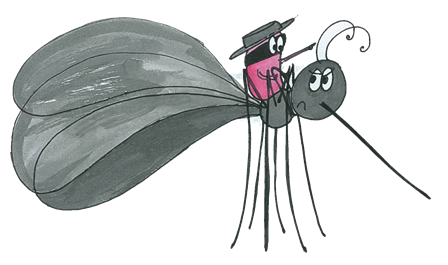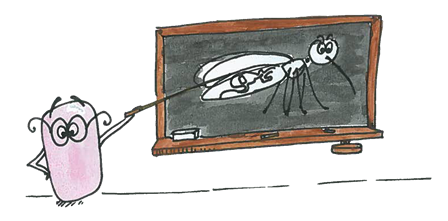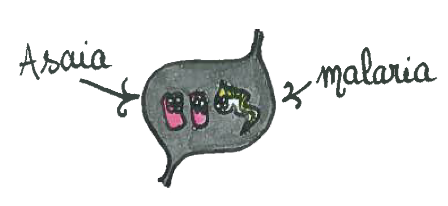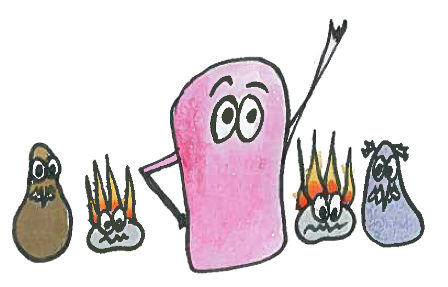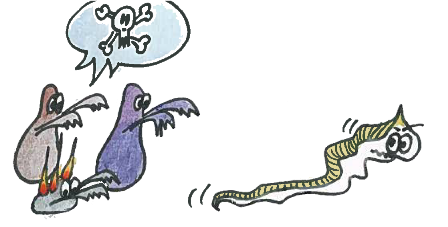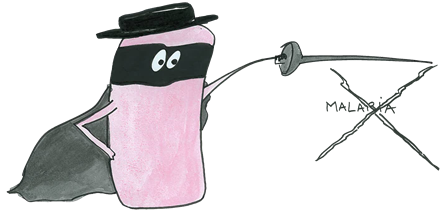Team:EPF Lausanne/Project
From 2010.igem.org


Overview
Our project idea
The aim of our project is to help stopping the propagation of Malaria. To do so, we chose to act on the mosquito. Indeed, if we prevent the mosquito from being infected by malaria, it won't be able to transmit the parasite to healthy humans.
Our idea is to engineer Asaia, a bacterium that is naturally present in the mosquito's intestinal tract.
This bacteria would express an immunotoxin and specific proteins to kill the Plasmodium falciparum or prevent its entry into the epithelium.
The immunotoxin and the proteins then fight the Plasmodium falciparum and thus prevent the mosquito infection.
Asaia is an organism that is not only easy to grow and genetically manipulate but also does not disrupt the ecosystem. We are establishing Asaia as a new chassis so that future iGEM teams can quickly and efficiently engineer new and more potent Asaia strains. This will provide the synthetic biology community with a useful tool in the fight against malaria and other mosquito-borne diseases.
So... ASAIA is the pink power against malaria.....
For a playful overview of our project, you can watch our great movie
iGEM EPFL movie
Our results
We established Asaia as a new chassis and provided tech-sheets on how to manipulate it. Various biobricks were constructed, with which selected proteins to block malaria infection of mosquitoes can be produced. Also Asaia specific biobricks were made. These basics will allow future iGEM teams to use Asaia and manipulate it to fight mosquito-bourne diseases. The expression of the proteins we intended to use to block Plasmodium falciparum was tested in E.coli. We showed that the immunotoxin is expressed and appears in the supernatant. We could not show expression of the P-proteins. Furthermore we tested the persistance of Asaia in Drosophila to see if we can use it as an alternative host to facilitate research. The results showed that Asaia is not persistant and that the bacterium is very specific to mosquitoes. For the next steps of testing we established a collaboration with the Pasteur institute in Paris that works on mosquitoes.

 "
"

















